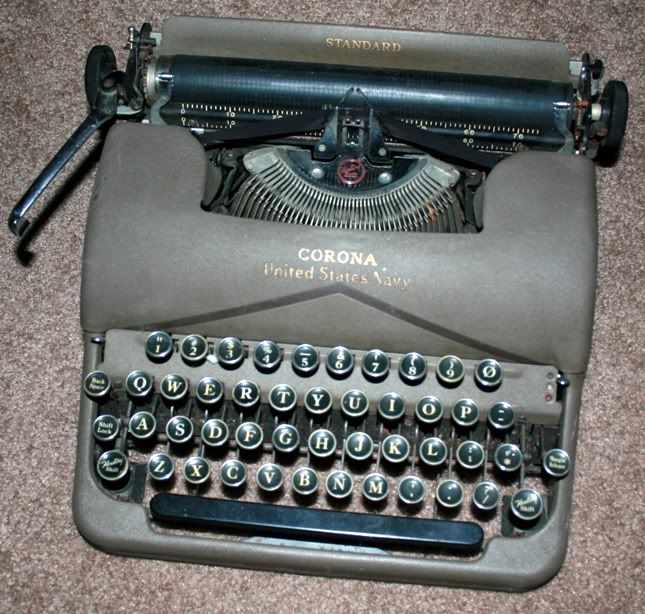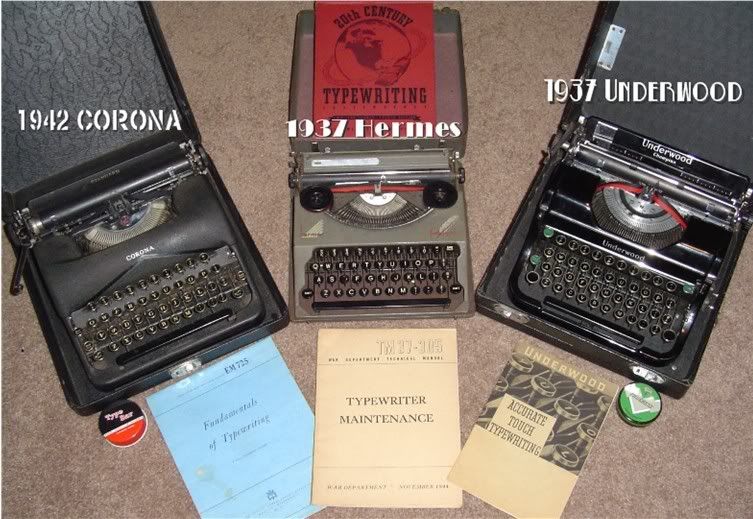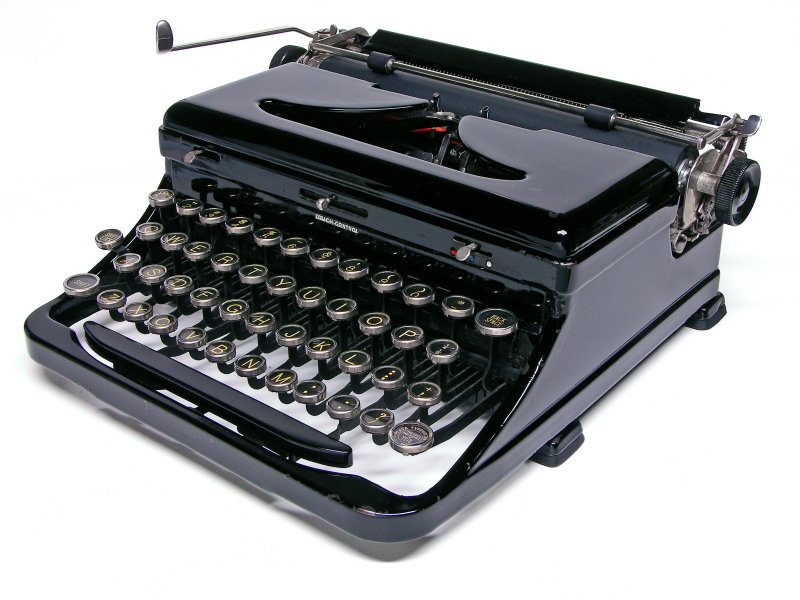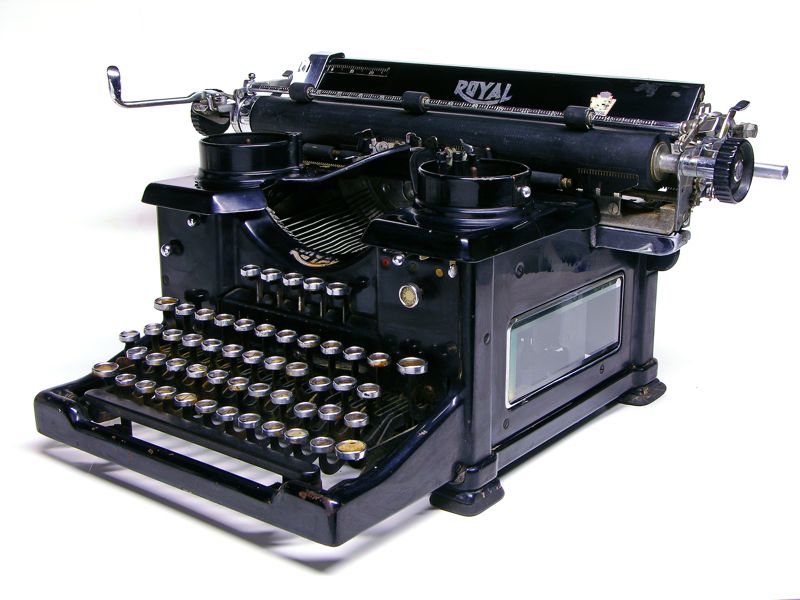Shangas
I'll Lock Up
- Messages
- 6,116
- Location
- Melbourne, Australia
Hi Everyone!!
I'm one of the younger set here at the Lounge. But I'm old enough that I grew up learning to type on a typewriter...not a computer. And I've always had a strong fascination with mechanical typewriters. I think they're one of the coolest, most practical, and above all, most important inventions in the history of the world.
I keep thinking that I'd love to own one. But I have one issue. And for this, I have two questions:
How hard is it to find typewriter ribbons these days?
Is it possible to re-ink typewriter ribbons?
Although I'm not sure about the first question, from my reading, I've been led to understand that, with the right tools and the correct ink, which are pretty easily-obtained from any decent "office supplies" store, it is actually possible to re-ink, and reuse an old typewriter ribbon several times, so long as the ribbon itself is in good condition. From what I've seen and read, all you need is a bottle of stamp-pad ink, to resoak the ribbon and let the ink seep into the fabric. Apparently, typewriter ink and stamp-pad ink are of a similar enough consistency that they're almost interchangeable.
Is this true?
I ask because I've always thought typewriters were cool. I'd love to own and use one, but I keep wondering: "What do I do when the ribbon runs out?" There's always LOTS of typewriters for sale at my local flea-market and they go pretty cheap. I'd love to find a nice 1920s/30s portable, perhaps, and buy it and bring it home...but...the ribbons!...That's the issue...Educate me about them! Can they be re-inked practically? Can you still find them? Can you use some sort of substitute?
--- --- --- ---
Oh and while we're on the subject: If I *should* finally get the yen to buy a mechanical typewriter, what things should I check for before buying it?
How hard are typewriters to clean and oil to return them to full functionality? Is this something which I could do myself, provided that the typewriter itself is not actually damaged, but just old?
I'm familiar with a lot of the brands: Royal, Olivetti, Remington, Smith-Corona, I.B.M., etc...Any particular brands I should look for? Or will any typewriter by a major manufacturer suffice?
I'm one of the younger set here at the Lounge. But I'm old enough that I grew up learning to type on a typewriter...not a computer. And I've always had a strong fascination with mechanical typewriters. I think they're one of the coolest, most practical, and above all, most important inventions in the history of the world.
I keep thinking that I'd love to own one. But I have one issue. And for this, I have two questions:
How hard is it to find typewriter ribbons these days?
Is it possible to re-ink typewriter ribbons?
Although I'm not sure about the first question, from my reading, I've been led to understand that, with the right tools and the correct ink, which are pretty easily-obtained from any decent "office supplies" store, it is actually possible to re-ink, and reuse an old typewriter ribbon several times, so long as the ribbon itself is in good condition. From what I've seen and read, all you need is a bottle of stamp-pad ink, to resoak the ribbon and let the ink seep into the fabric. Apparently, typewriter ink and stamp-pad ink are of a similar enough consistency that they're almost interchangeable.
Is this true?
I ask because I've always thought typewriters were cool. I'd love to own and use one, but I keep wondering: "What do I do when the ribbon runs out?" There's always LOTS of typewriters for sale at my local flea-market and they go pretty cheap. I'd love to find a nice 1920s/30s portable, perhaps, and buy it and bring it home...but...the ribbons!...That's the issue...Educate me about them! Can they be re-inked practically? Can you still find them? Can you use some sort of substitute?
--- --- --- ---
Oh and while we're on the subject: If I *should* finally get the yen to buy a mechanical typewriter, what things should I check for before buying it?
How hard are typewriters to clean and oil to return them to full functionality? Is this something which I could do myself, provided that the typewriter itself is not actually damaged, but just old?
I'm familiar with a lot of the brands: Royal, Olivetti, Remington, Smith-Corona, I.B.M., etc...Any particular brands I should look for? Or will any typewriter by a major manufacturer suffice?
Last edited:










